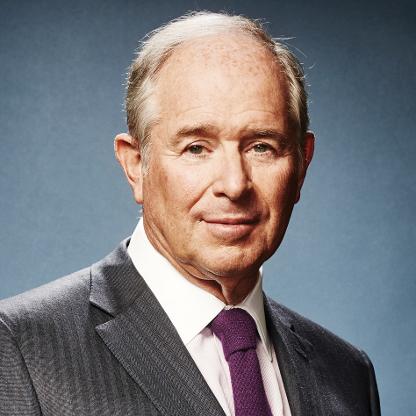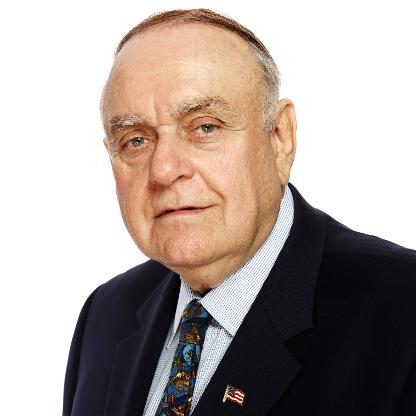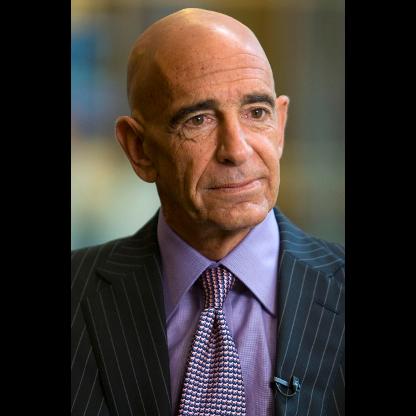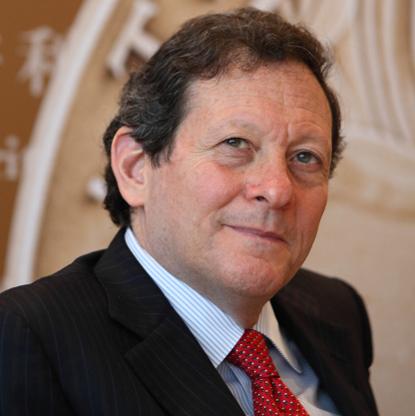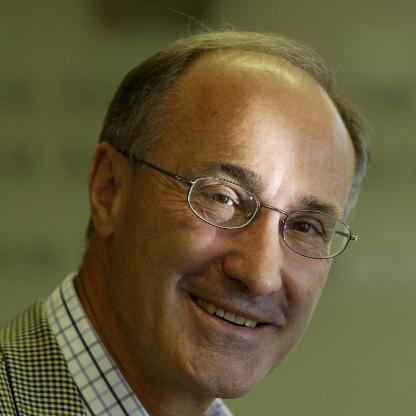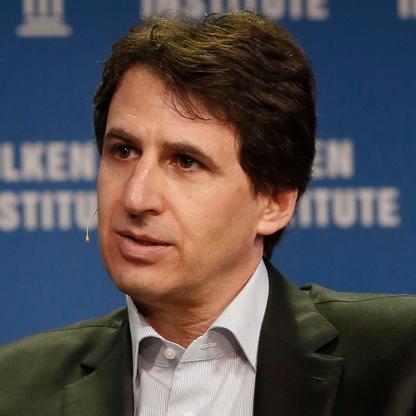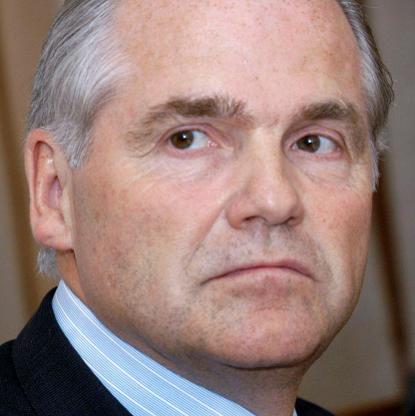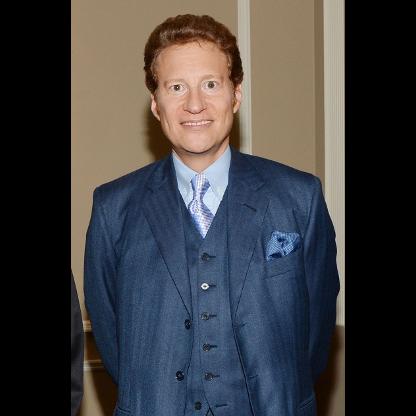Swieca grew up in a Jewish family in Washington Heights, New York. He is the son of two Holocaust survivors from Poland who emigrated from France in 1955. Both his parents died when he was nineteen. Mr. Swieca’s life took a tragic turn at the age of 19 when his mother died of Lou Gehrig’s disease. Within months, his Father passed away from a heart attack. Through an uncle who was a dentist and avid stock investor, Mr. Swieca was introduced to financial markets. Now orphaned, Mr. Swieca turned to the stock market as a way to pay for his own education as well as that of his younger brother. With $50,000 of inheritance, he bought 1,000 shares in Warner Communications, nearly all the money he had at the time. He then used the shares as collateral to invest in option based trading strategies, and in the process gained a strong understanding of risk management while also generating additional investment income. He held the Warner shares for two years, doubling his money.
